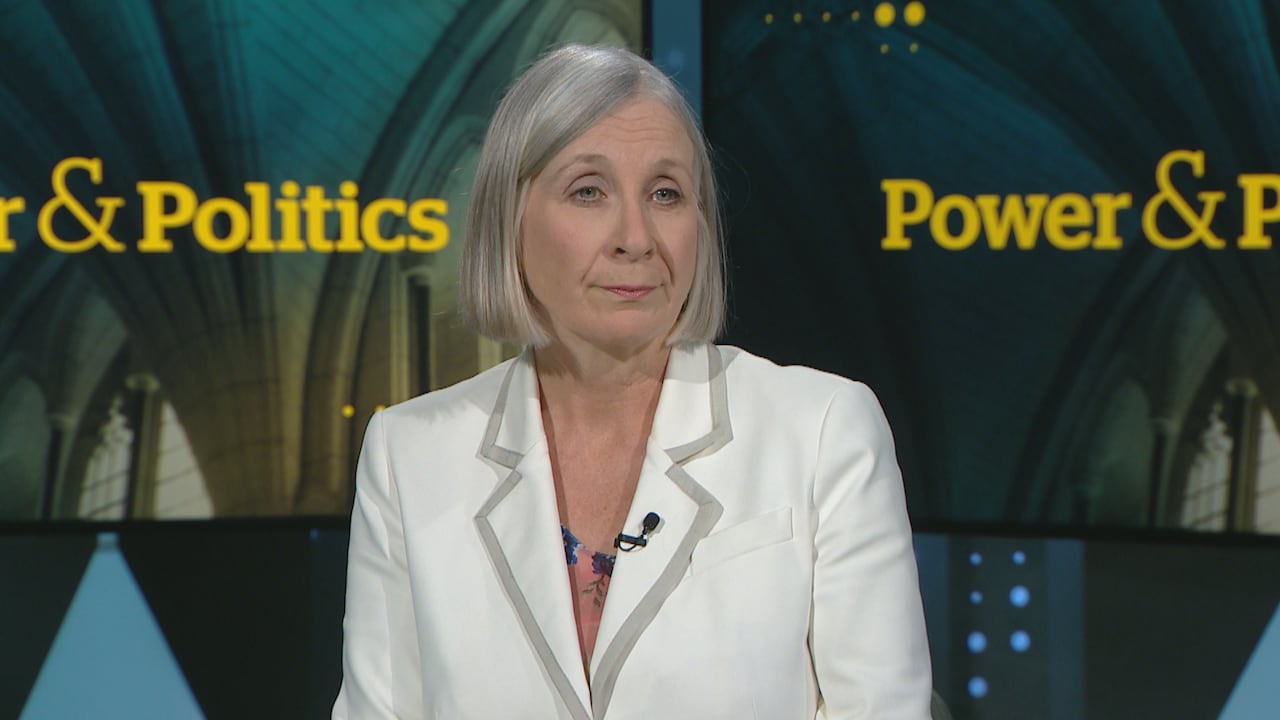Government Steps In to Resolve Air Canada Labor Dispute
Jobs Minister Patty Hajdu recently appeared on Power & Politics to defend her decision to invoke Section 107 of the Canada Labour Code, which ordered Air Canada flight attendants back to work. She stated that 'it was clear' both the airline and the union 'needed another tool' to continue negotiations after the union initiated a strike.
Key Details of the Intervention
Minister Hajdu emphasized that this move was necessary to facilitate ongoing discussions and prevent further disruptions. The use of binding arbitration was highlighted as a critical mechanism to resolve the impasse, ensuring that both parties could reach a tentative agreement without prolonged industrial action.
Implications for Workers and Employers
This intervention underscores the government's role in maintaining labor stability in key industries like aviation. It raises important questions about workplace rights and the balance between union actions and economic impacts. For job seekers and employees in Canada, understanding these dynamics is crucial for navigating the labor market.
Broader Context
The dispute is part of a larger trend of labor tensions in Canada's airline sector, with issues such as unpaid work allegations being probed by Ottawa. This highlights the ongoing challenges in achieving fair wages and benefits for workers in high-stress industries.





Comments
Join Our Community
Sign up to share your thoughts, engage with others, and become part of our growing community.
No comments yet
Be the first to share your thoughts and start the conversation!